Over the course of hundreds of conversations about relationships, Iona Lawrence identified a shared challenge around measurement: We don’t know how to measure relationships or whether the game of measurement is futile.
In this blog, we seek to kickstart a generative conversation around the question of how we capture the added value of a relationship-centred approach, and whether this is a useful pursuit. We’d love to hear your experiences, challenges and ideas.

We are collectively in a place where the question of how best to measure or value relationships is deeply contested. For some people measurement is the most important shared challenge anyone interested in relationships has: if we can get better at consistently measuring the impact of relationships we might be able to nudge the skeptics away from believing that relationships are ‘fluffy’ or a nice extra.
Yet for others the act of measuring the value of relationships on terms set by funders or commissioners can threaten the very essence of them.
Wherever you are, a huge amount of energy is poured into the question of how we articulate the value of relationships, and this is threatening our resolve.
Let’s open up the question of how we measure relationships and see whether, together, we can make some progress.
What?
What are we trying to measure or assess when it comes to relationships? Why? What and who are we doing this for?
1. Relationships themselves: sometimes, we might want to measure relationships themselves, whether individual relationships or networks of relationships. We may seek to understand where they are strong, where they are weak, where they are missing. Doing so will help us to see where our relationships need a little nurturing, and where bridges need to be built.
2. The added value of relationships: we might want to measure the outcomes of good relationships or relationship-centred ways of working. Doing so would help us to demonstrate the things good relationships enable us to achieve (better health, greater happiness, higher grades etc) and prove the value of relational work to skeptics and non-believers.
3. Relational practice: at other times, we might wish to look inwards at our practice to assess the extent to which our methods, culture, values and approach enable good relationships to thrive. Doing so would help us improve our relational practice.
What are you seeking to measure when it comes to relationships? Why? Who is the assessment for and what do you hope it will achieve?
How?
How should we go about trying to measure relationships? What are the risks and challenges? What approaches work best or have potential? Where can we look to for inspiration?
Too many commissioning contracts require the completion of impact surveys which, in their deficit-based questioning, can strip people of their agency rather than recognise the power in people’s stories. Too many loneliness measures are academic, remote and cold. Many of these tools perpetuate division and isolation, rather than measure it, much less solve it.
How do you approach measurement and evaluation? Which methods seem to work well and which don’t?
To what end?
How do we then bring what we find and learn about the value of working in relational way together to tell a compelling story and convince others that this is the road we must all travel?
One critical task is not simply to commission new evidence to fill the gaps, but to pull the evidence together better. There’s a job to be done to distill existing evidence sets and disseminate knowledge that emerges in a more coherent and confident way
To strengthen our case we need to double down on the ‘so what’ of relationships. We must surface the evidence of the longer term impact of good relationships. What do good relationships mean and achieve in the long run?
What difference do strong and meaningful relationships make in your organisation or community? What do they enable you to achieve which would’t otherwise be achieved?
Join us
On Tuesday 8th June we’ll be exploring these questions in an open conversation. Together we’ll:
- Share what we’re trying to measure when it comes to relationships
- Explore the challenges and key considerations of measuring relationships
- Share ideas and approaches to doing so in a sensitive, human-centred way
We’d love it if you’d join us.
Read more
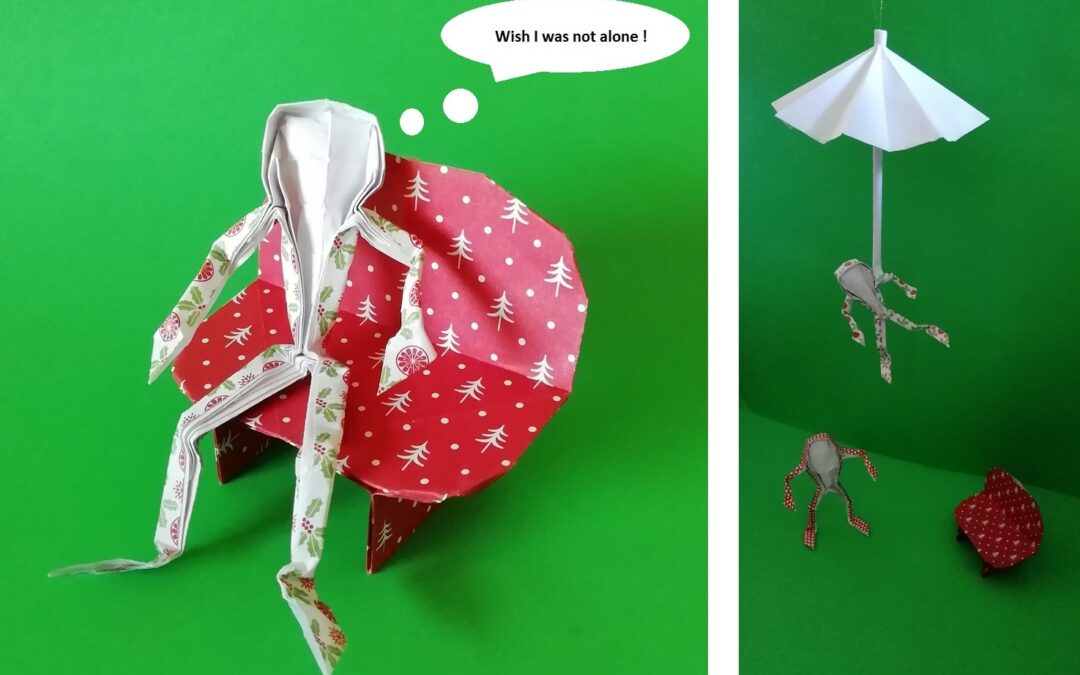
Frank – Spirit of Lockdown #4
Although he struggled with isolation and anxiety, he found ways to connect with others and get creative during this difficult time.
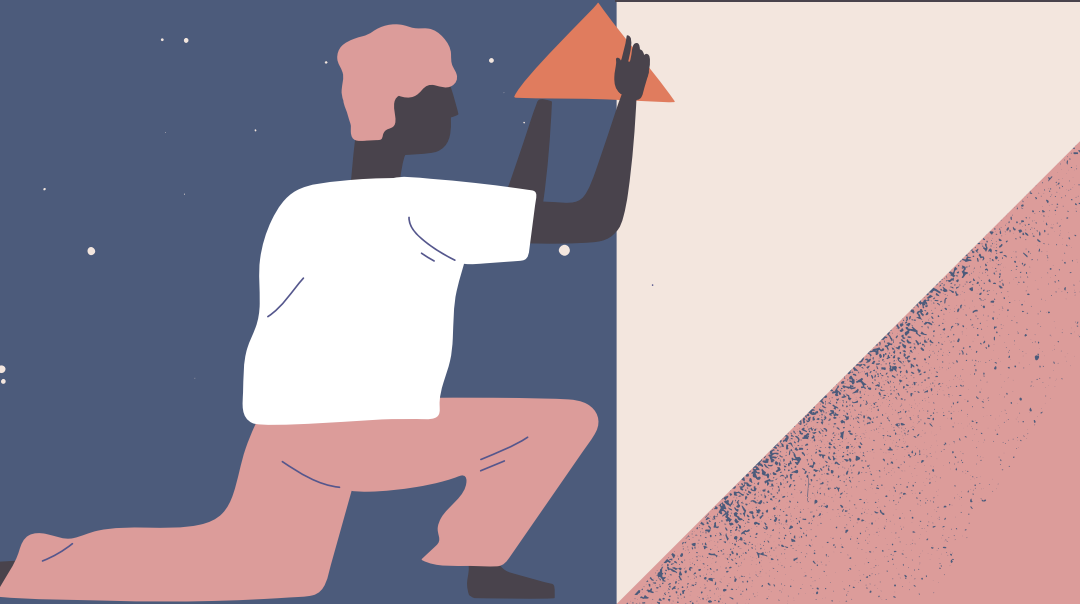
Relationship Makers Blog
In this blog post, Immy reflects on our first Relationship Makers programme delivered in partnership with Power to Change. Bringing together a cohort of community businesses over the course of 8 weeks, we connected, reflected and provided one an other with some balm for the chaos that was 2020.
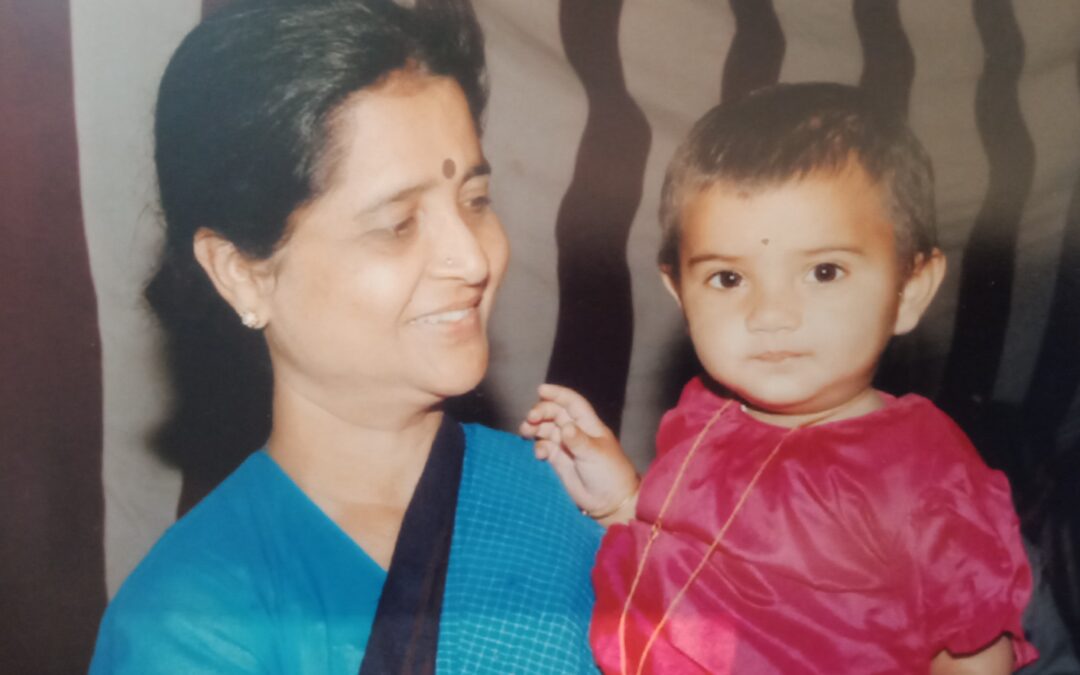
Our Shared Belonging
We’re featuring a mini blog series, where in each piece, an Enrol Yourself Host reflects on their practice of building strong relationships, as a facilitator. In this blog, Jahnvi Singh tells us her five takeaways from conversations on what it means to build relationships & truly belong.
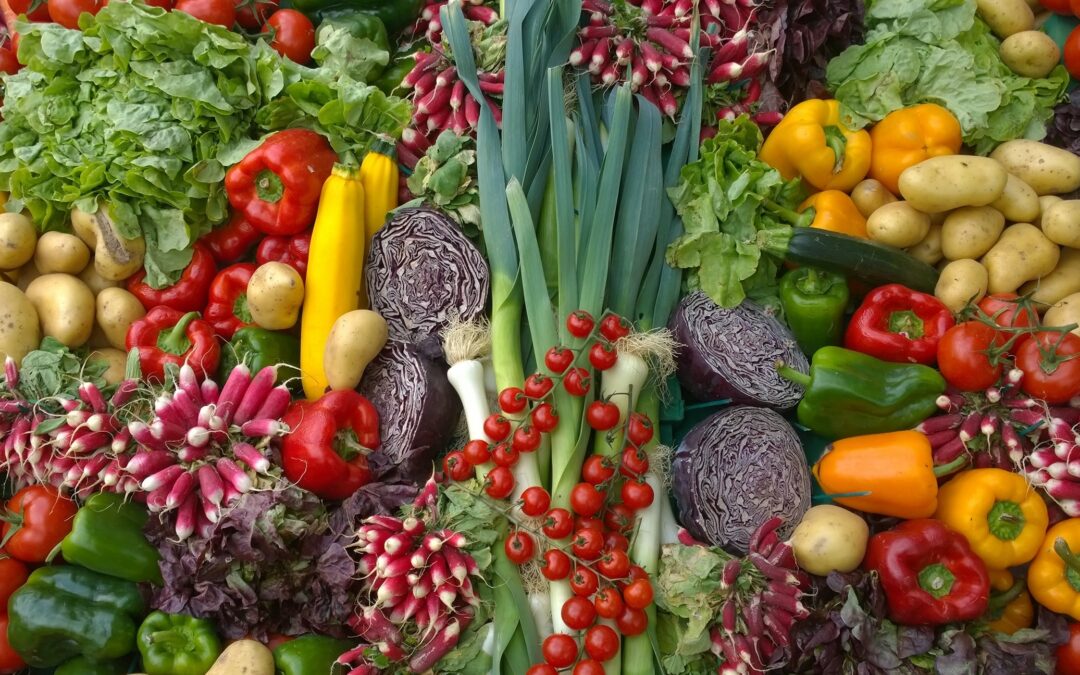
Fostering an ecology of perspectives
We’re featuring a mini blog series, where in each piece, an Enrol Yourself Host reflects on their practice of building strong relationships, as a facilitator. In this blog, James Kite reflects on what we can learn from neurophysiology and companion planting when it comes to peer learning.

Observatory Sighting 13: Feeling for the future
In this first Sighting of the New Year, we are stepping back and reflecting on the emotional drivers – the feelings as well as the practical experiences that will shape the future.

Susan – Spirit of Lockdown #3
A worry rollercoaster, friends, distance, jokes with neighbours, scared about the future and another lockdown.
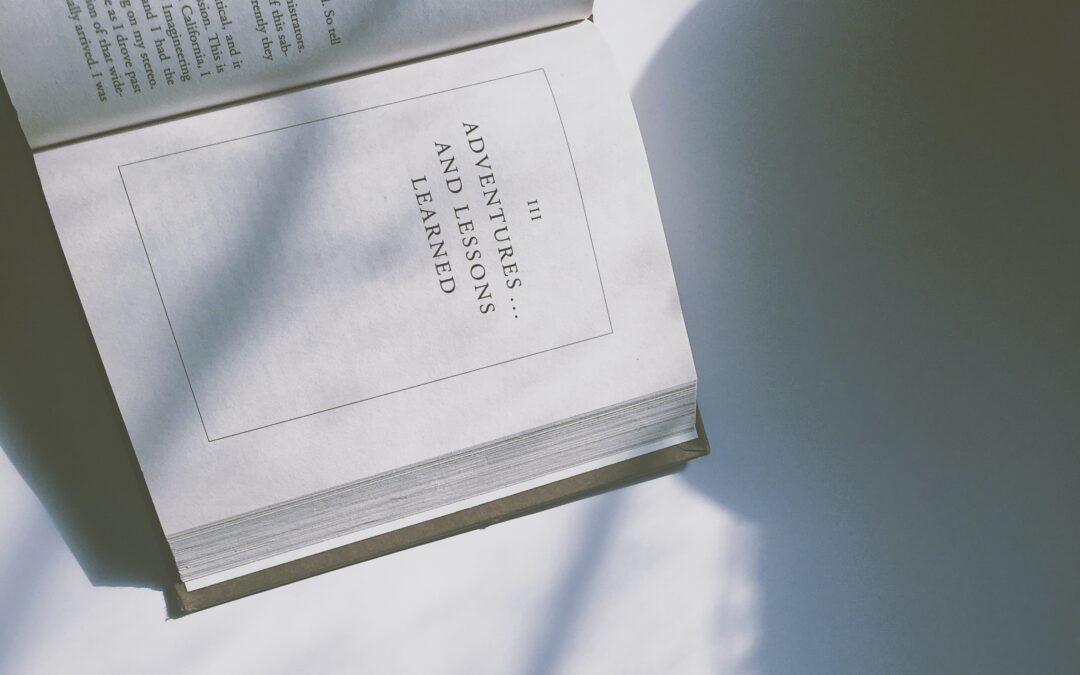
At the turning of the year
In brief In this reflective piece, David Robinson looks back at the lessons we have learned in 2020 and what they might mean for the year ahead. Running off-road Politicians and policy people have always loved roadmaps, and so do many managers. It makes the journey...
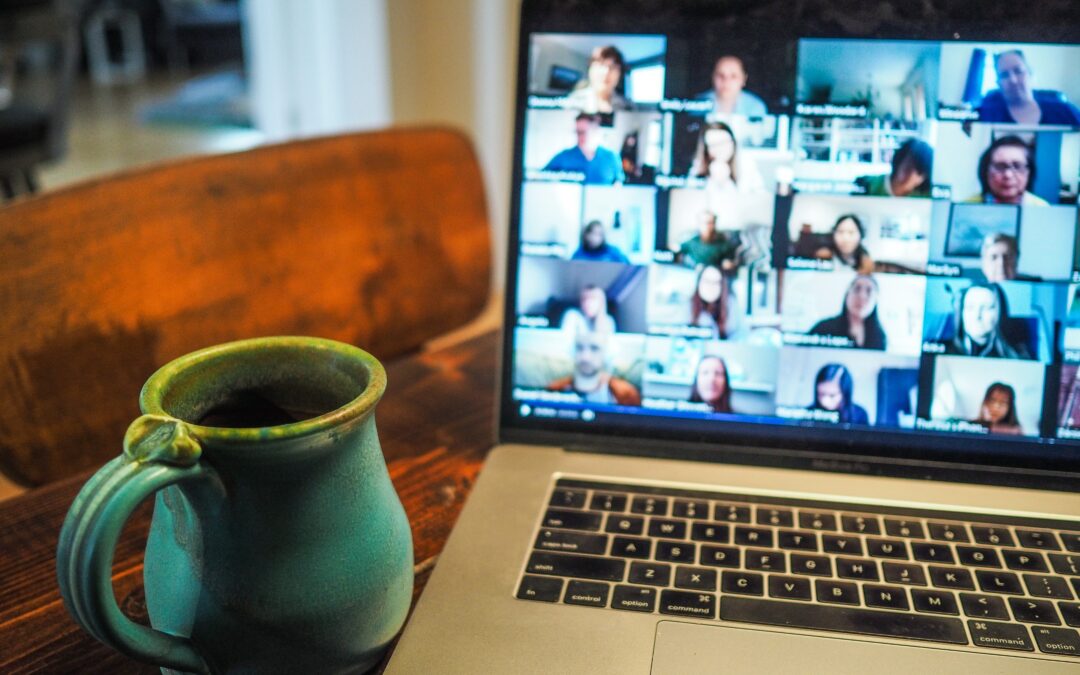
Simon – Spirit of Lockdown #2
I would like to remember the way that most of my relationships have changed for the better.
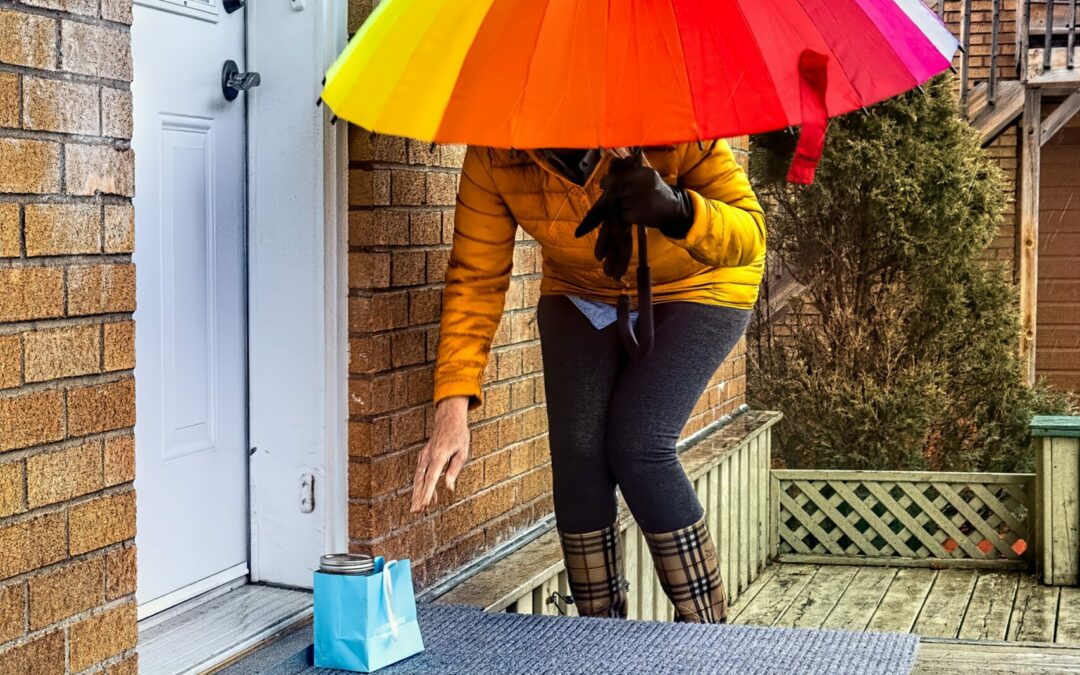
Rosalyn – Spirit of Lockdown #1
I am still worried about the pandemic but I am proud of us and what we have achieved this year.

Observatory Sighting #12: Lockdown blues
In this, our twelfth Observatory Sighting, we share stories of 'pissedoffness' and explore some of the differences between this lockdown and the last one. “Pissedoffness” might not be in the dictionary but it pretty much captures the mood amongst several of our...
